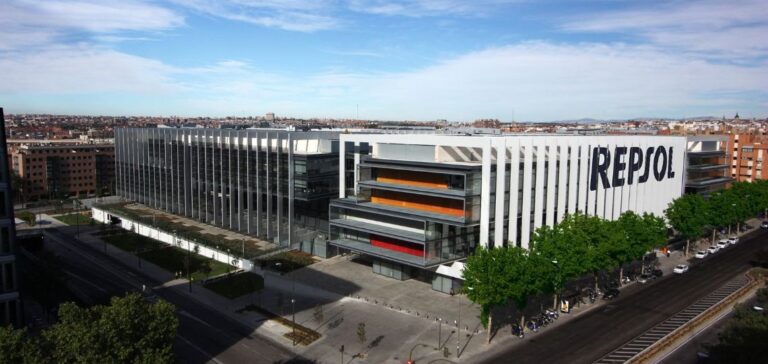Repsol is exploring alternative solutions to maintain its operations in Venezuela after the United States announced the revocation of special licences previously granted to foreign companies active in the country’s oil and gas sectors. Repsol Chief Executive Josu Jon Imaz confirmed the company’s position during an economic forum in Madrid, noting that discussions are ongoing with US authorities to evaluate legal mechanisms that would allow continued lawful activity in the country.
The Spanish company is primarily involved in natural gas extraction in Venezuela, accounting for approximately 85% of its local production. Josu Jon Imaz stated that this output supports part of the electricity system in western Venezuela. Repsol is therefore aiming to preserve this energy infrastructure while ensuring compliance with international regulatory frameworks.
Revocation of US waivers
The United States’ decision to withdraw previously granted authorisations comes amid sanctions imposed on the government of Nicolás Maduro. Venezuela, which holds the world’s largest oil reserves, has seen production decline to about 1 million barrels per day, down from 3.5 million in the early 2000s. This decrease has been attributed to poor management, corruption, and strengthened US sanctions since 2019.
Spain’s Minister for Foreign Affairs, José Manuel Albares, responded by stating that Madrid would assess the economic impact of the US measure on Spanish companies. He added that Spain would use all available diplomatic channels to maintain dialogue with US authorities.
Implications for foreign operators
French oil company Maurel & Prom confirmed it had received notice from the United States Department of the Treasury that its licence had been revoked as of 28 March. However, a transitional licence has been granted until 27 May to finalise its ongoing operations in the country. According to industry estimates, Chevron currently produces approximately 220,000 barrels per day in Venezuela, compared with 65,000 for Repsol and 20,000 for Maurel & Prom.
These new restrictions present significant challenges for foreign companies operating in Venezuela, which now face ongoing regulatory instability and increasing pressure to exit the country while trying to safeguard strategic investments.






















